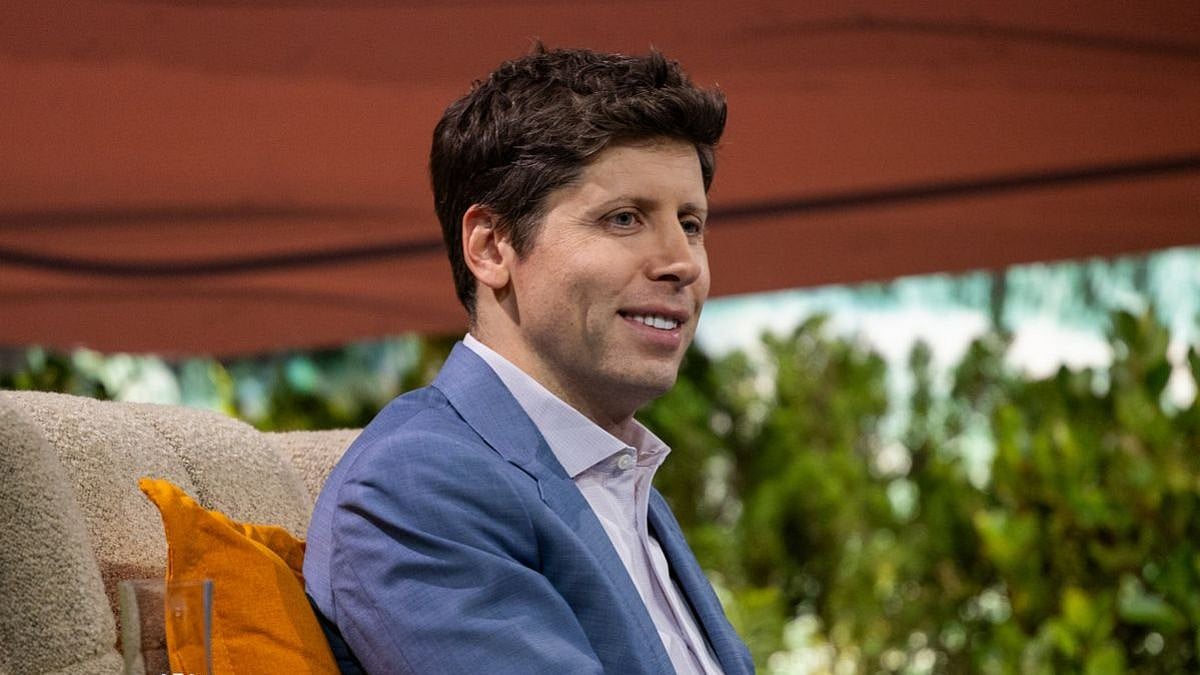On Thursday, the Union Cabinet chaired by Prime Minister Narendra Modi approved the National Education Policy 2020. The new policy that was announced by the ministry aims to pave the way for transformational reforms in school and higher education systems in the country.
Now, the new policy will replace the 34-year-old National Policy on Education (NPE), 1986.
All you need to know about the new education policy;
School Education
New Policy aims for universalization of education from pre-school to secondary level with 100 % Gross Enrolment Ratio (GER) in school education by 2030.
NEP 2020 will bring 2 crores out of school children back into the mainstream through open schooling system.
The current 10+2 system to be replaced by a new 5+3+3+4 curricular structure corresponding to ages 3-8, 8-11, 11-14, and 14-18 years respectively. This will bring the hitherto uncovered age group of 3-6 years under the school curriculum, which has been recognized globally as the crucial stage for the development of mental faculties of a child. The new system will have 12 years of schooling with three years of Anganwadi/ pre-schooling.
Emphasis on Foundational Literacy and Numeracy, no rigid separation between academic streams, extracurricular, vocational streams in schools and Vocational Education to start from Class 6 with Internships
Teaching up to at least Grade 5 to be in mother tongue/ regional language. No language will be imposed on any student.
Assessment reforms with 360-degree Holistic Progress Card, tracking Student Progress for achieving Learning Outcomes
A new and comprehensive National Curriculum Framework for Teacher Education, NCFTE 2021, will be formulated by the NCTE in consultation with NCERT. By 2030, the minimum degree qualification for teaching will be a 4-year integrated B.Ed. degree.
Higher Education
Gross Enrolment Ratio in higher education to be raised to 50 % by 2035; 3.5 crore seats to be added in higher education.
The policy envisages broad-based, multi-disciplinary, holistic Under Graduate education with flexible curricula, creative combinations of subjects, integration of vocational education, and multiple entries and exit points with appropriate certification. UG education can be of 3 or 4 years with multiple exit options and appropriate certification within this period.
Academic Bank of Credits to be established to facilitate Transfer of Credits
Multidisciplinary Education and Research Universities (MERUs), at par with IITs, IIMs, to be set up as models of best multidisciplinary education of global standards in the country.
The National Research Foundation will be created as an apex body for fostering a strong research culture and building research capacity across higher education.
Higher Education Commission of India(HECI) will be set up as a single overarching umbrella body for entire higher education, excluding medical and legal education. HECI to have four independent verticals - National Higher Education Regulatory Council (NHERC) for regulation, General Education Council (GEC ) for standard-setting, Higher Education Grants Council (HEGC) for funding, and National Accreditation Council( NAC) for accreditation. Public and private higher education institutions will be governed by the same set of norms for regulation, accreditation, and academic standards.
Affiliation of colleges is to be phased out in 15 years and a stage-wise mechanism is to be established for granting graded autonomy to colleges. Over a period of time, it is envisaged that every college would develop into either an Autonomous degree-granting College or a constituent college of a university.
Others
An autonomous body, the National Educational Technology Forum (NETF), will be created to provide a platform for the free exchange of ideas on the use of technology to enhance learning, assessment, planning, administration.
NEP 2020 emphasizes setting up of Gender Inclusion Fund, Special Education Zones for disadvantaged regions and groups
New Policy promotes Multilingualism in both schools and higher education. National Institute for Pali, Persian, and Prakrit, Indian Institute of Translation and Interpretation to be set up
The Centre and the States will work together to increase the public investment in the Education sector to reach 6% of GDP at the earliest.
Unprecedented Consultations
NEP 2020 has been formulated after an unprecedented process of consultation that involved nearly over 2 lakh suggestions from 2.5 lakh Gram Panchayats, 6600 Blocks, 6000 ULBs, 676 Districts. The MHRD initiated an unprecedented collaborative, inclusive, and highly participatory consultation process from January 2015.
In May 2016, ‘Committee for Evolution of the New Education Policy’ under the Chairmanship of Late Shri T.S.R. Subramanian, Former Cabinet Secretary, submitted its report. Based on this, the Ministry prepared ‘Some Inputs for the Draft National Education Policy, 2016’.
In June 2017 a ‘Committee for the Draft National Education Policy’ was constituted under the Chairmanship of eminent scientist Dr. K. Kasturirangan, which submitted the Draft National Education Policy, 2019 to the Hon’ble Human Resource Development Minister on 31st May, 2019. The Draft National Education Policy 2019 was uploaded on MHRD’s website and at the ‘MyGov Innovate’ portal eliciting views/suggestions/comments of stakeholders, including public.





